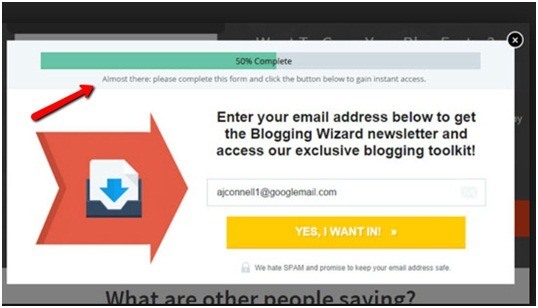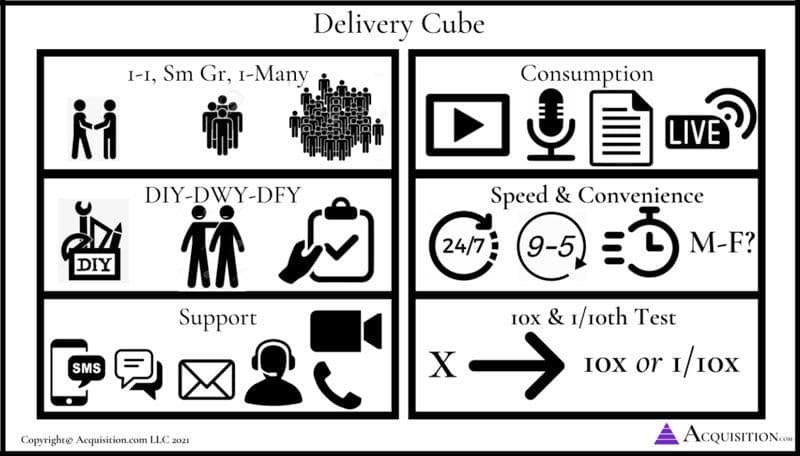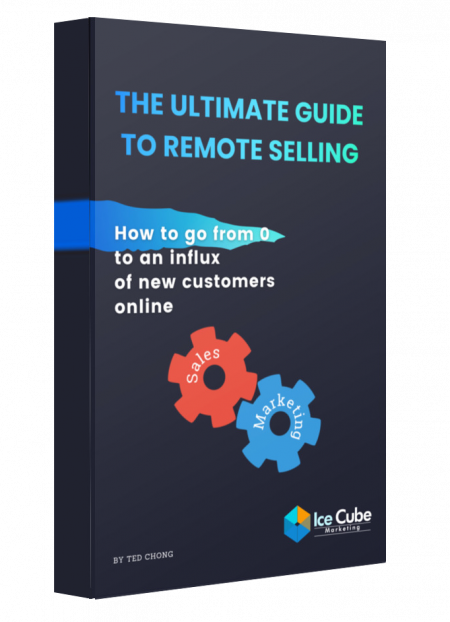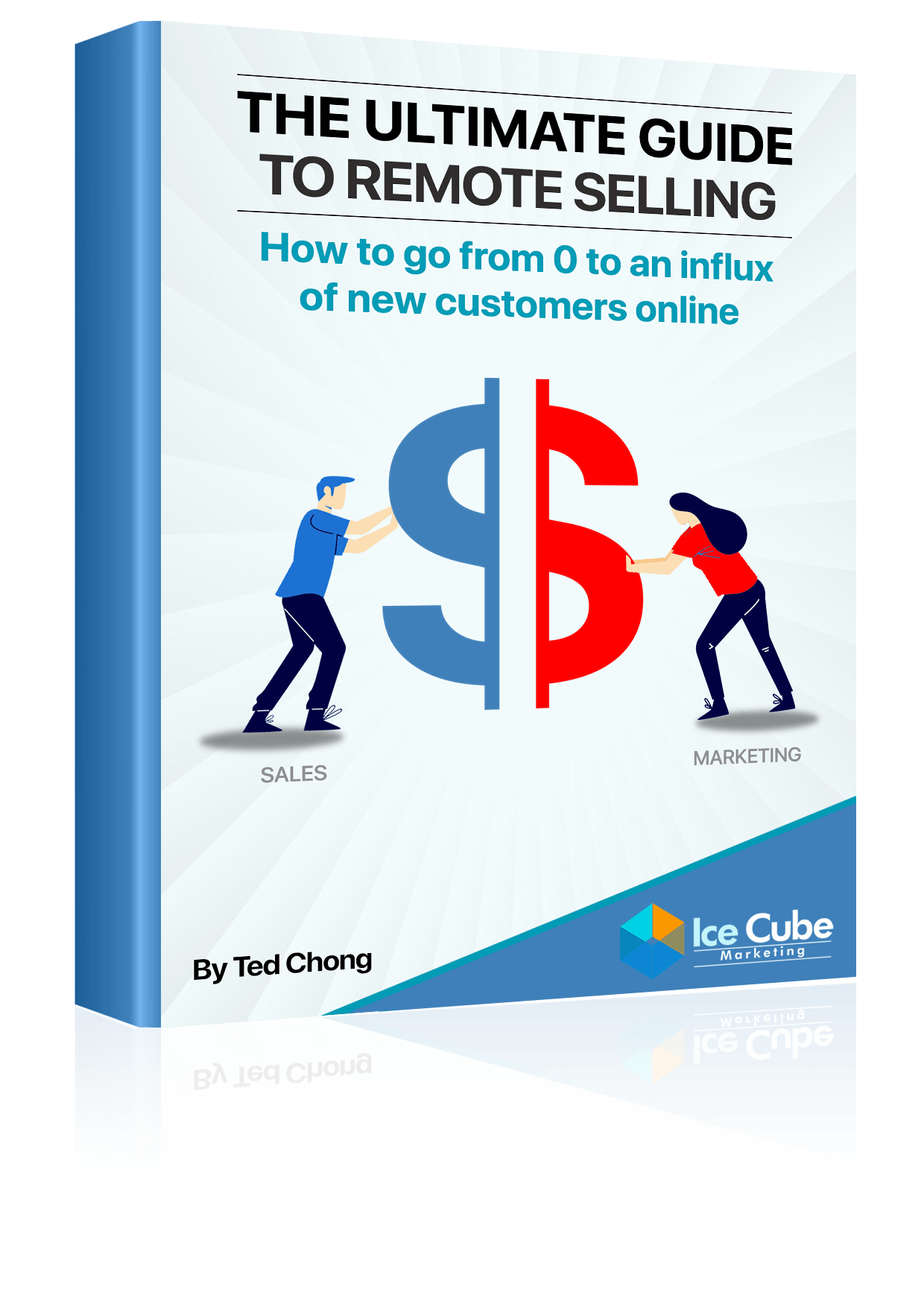Do you think that people take into account all the information needed to make a proper decision – a buying decision? It might be nice to think so, but researchers over the past 60 years have found otherwise. What they uncovered was a scientific approach to influencing the masses, that when followed to the letter, creates success, especially when it comes to business.
Robert Cialdini, psychologist, professor, researcher, and author, has written about these findings in his books, “Influence: Science & Practice” and “Pre-Suasion: A Revolutionary Way to Influence and Persuade”. He lays out 6 foundational principles that have been shown by extensive research to influence people without them even knowing they are being influenced.

The principles are as follows:
Scarcity Commitment Consensus Reciprocity Liking Authority
As online marketers, we can make full use of these principles in our campaigns in order to influence a buying decision the minute we come into contact with our target audience. All this, without being “pushy” or “salesy”, either.
Scarcity
People want what they can not have. This is the principle of scarcity. Many marketers try to convince their prospects of the benefits of purchasing their product or service but fail to create higher value by letting them know that there is a qualification process, a time-limit, or a set number of individuals who get to buy from us. Perceived value, in the marketing sphere, is often more valuable than the actual value.
One word of advice, when you put a limit on an offer, mean it. Fake scarcity is a no-no. People will eventually figure out that it was just a marketing ploy and you will lose all your “likes” and “authority” because of it.
One of the best ways to use the scarcity principle in your digital marketing campaign is to send people to an event. People understand that an event space has physical constraints and is limited by the number of seats available. This urgency pushes them to take action fast instead of procrastinating. Coupons and time-limited offers work the same way.

Commitment & Online Marketing
Also known as consistency, the principle of commitment states that people do not like to back out once they have made some form of commitment, even if it is a small one. One micro-commitment leads to more smaller ones until giant commitments are being produced automatically.
A simple way to employ this principle in your online marketing is through a multi-step process while collecting leads. Instead of making your web visitors make a big commitment.i.e.$1000 purchase at the outset, have them go through multiple steps. Start with a free small offer. Keep it simple with as little fields as possible. Once you have the “foot-in-the-door”, it is much easier to upsell your main offer.

Consensus & Social proof
The crowd follows the crowd, especially when they are unsure about something. What does this mean for online marketers? Simple, show the crowd that the crowd supports you. You do not have to go out and persuade your target audience in every campaign you run, you just have to point them to what other similar people or groups have done, thought, or said to influence their decision in a very natural way.
If you have heard the term “Social Proof” before, now you know where it comes from and why it is so effective. Testimonials and endorsements, especially when given by influencers in your niche, are one of the most effective ways to influence online users. The key is to make sure that your audience resonates with the person or group giving their testimonial. In other words, ask them to give their backstory testimonial (i.e., how your product or service solved their problem) so that they connect with your audience.
Reciprocity & Online Marketing
When we receive something of value, we usually like to give value back to the person we received it from. This basic idea encompasses the principle of reciprocity. If a friend invites you to their birthday party, you feel obliged to invite them to yours. If someone helps you study for a test, you feel compelled to help them out in some way in the future. Caldina discusses this principle in great detail within his book, “Pre-Suasion: A Revolutionary Way to Influence and Persuade” by presenting a study that showed that tips left to waitresses increased in direct proportion to the number of gifts they received after the meal (i.e., mints and fortune cookies).
Giving before you get is reciprocity in action. This can be easily demonstrated in online marketing through the use of relevant content. Whether it be a blog, a post, video, infographic, or pic, the content you provide should add some form of perceived value to your audience.The following are some ideas in which you can provide value to your online audience:
1 – Content Marketing (insightful and relevant blog articles)2 – Free Giveaways (products – digital or physical)3 – Free Resources (guides, tutorials, tools, etc…)4 – Free Trials5 – Free Services6 – Samples7 – Exclusive Offers (one-time deals to people who join your group or list)
Liking
People like to do business with people or organizations they like. This is easy to understand but what may not be so clear is why people like other people. According to the liking principle, people like those with similar interests, similar goals, people who complement or flatter them, and people who cooperate with them in some way.
It is not easy to create likeability in the online space, but you can do so with carefully crafted content. In your ad and landing page copy, always stick to a positive tone. Demonstrate to your audience that you understand their problem or you have also experienced their problem. Put yourself in their shoes.
At the same time, you must jump at the opportunity to bridge the distance between you and your audience by showing that you are a real person. Including images of you and your team members becomes paramount.

Authority
People follow experts and those with authority. Case in point, if a police officer tells you to pull over, you pull over. If a digital marketing guru like Frank Kerns says to format your emails in a particular way because it increases conversions, you follow suit. The great part of using the authority principle in online marketing is that you do not even have to sell your authority. Indeed it is often unwise to do so. Instead, third-party endorsements touting your expertise on a particular subject brings instant credibility.
A great way to establish brand authority right away is to get some authoritative figure in your niche to become a part of it. This may be a bit hard to do as well-known authoritative figures usually come with a hefty price tag attached to them. Alternatively, media coverage, scientific endorsements or the like can all help in creating authority.
*** Quick Tip: Create a visually-appealing website as first impression is important. At least, have a website that resonates with your audience and looks professional.
Conclusion
The six principles of influence listed above provide you a low-cost, practical & scientific method to entice your audiences and convert them into loyal customers. These methods work as they adhere to psychological phenomenon that is already inherent in the human psyche.
In essence, you are not persuading anyone to do anything, you are just setting the atmosphere from which influence happens in-and-of itself.
All of the six principles can be easily incorporated into any campaign, ad copy, blog or landing page, which makes them great vehicles for using influence marketing to its fullest.
Embed This Image On Your Site (copy code below):
<div style="clear:both"><a href="https://icecube.asia/influence-in-online-marketing/"><img decoding="async" src="https://icecube.asia/wp-content/uploads/2018/08/Principles-of-influence-in-digital-marketing-icecube.jpg" title="How To Use The Principles Of Influence In Online Marketing" alt="https://icecube.asia/influence-in-online-marketing/" border="0" /></a></div><div>Courtesy of: <a href="https://icecube.asia/">Icecube Marketing</a></div>












